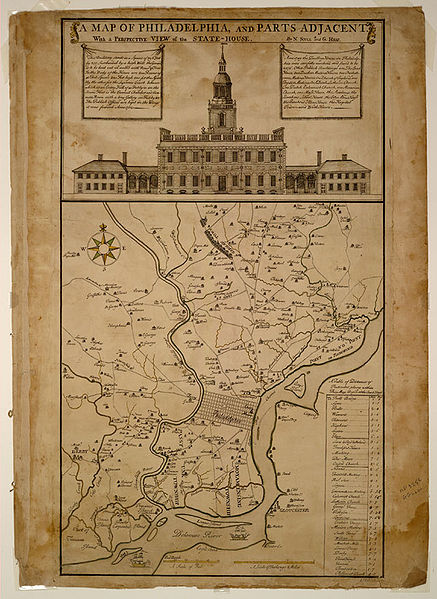The Worland Family in America and Beyond
I began my life in the Puget Sound area of Washington State, on an island filled with forests and wild rhododendrons. I was separated from my Worland family there at an early age. Recently, I was reunited with my family and learned of my heritage. And so, this journey to know my ancestors began. The Worlands, Gideons, Newtons, Conards... they were the colonists, the settlers, the pioneers. They fought in the American Revolution, the War of 1812, the Civil War. This is their story, and the story of a nation. -Deci Worland MacKinnon
Saturday, November 23, 2013
October 1742- Pennsylvania
October 3, 1742- A daughter, Margaret, is born to Isaac Shoemaker & Hannah Roberts in Upper Dublin Twp, Montgomery, Pennsylvania.
October 5, 1742- A son, Henry, is born to Cornelius Tyson & Barbara Pennypacker in Germantown, Philadelphia, Pennsylvania.
October 14, 1742- A son, Matthias, is born to Jacob Pannebecker & Margaret Tyson in Skippack, Montgomery, Pennsylvania.
(Henry Tyson and Matthias Pannebecker are my third cousins 7 times removed. They are first cousins. Our common ancestors are Mathias Dohrs & Agnes Neesgen Op den Graeff. Margaret Shoemaker is their fourth cousin.
Margaret Shoemaker is my fourth cousin 7 times removed. Our common ancestors are Hermann Op den Graef & Gretchen Driessen Pletjes and Pieter Dohrs & Lysgen Grietes.)
Philadelphia's pledge of religious tolerance attracted many other religions beside Quakers. Mennonites, Pietists, Anglicans, Catholics, and Jews moved to the city and soon outnumbered the Quakers, but they continued to be powerful economically and politically. Political tensions existed between and within the religious groups, which also had national connections. Riots in 1741 and 1742 took place over high bread prices and drunken sailors. In October 1742 and the "Bloody Election" riots, sailors attacked Quakers and pacifist Germans, whose peace politics were strained by the War of Jenkins' Ear
The city was plagued by pickpockets and other petty criminals. Working in the city government had such a poor reputation that fines were imposed on citizens who refused to serve an office after being chosen. One man fled Philadelphia to avoid serving as mayor.
In the first half the 18th century, like other American cities, Philadelphia was dirty, with garbage and animals littering the streets. The roads were unpaved and in rainy seasons impassable. Early attempts to improve quality of life were ineffective as laws were poorly enforced.
-Wikipedia
Subscribe to:
Post Comments (Atom)








No comments:
Post a Comment
I welcome your comments and questions. If you do not have a public profile on Blogger, please leave contact information if you would like a response.